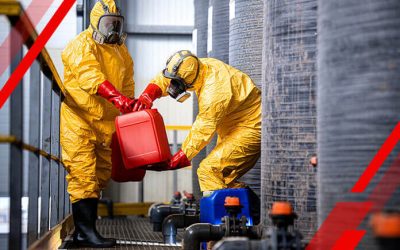The boating industry generates a considerable amount of hazardous waste. Learn what types of waste these are and how they can be safely disposed of.
Service Request
Have waste that requires compliant handling or disposal? Fill out our service form and an MCF Environmental Representative will get back to you quickly with next steps!
Please note we do not provide disposal services for household waste

















